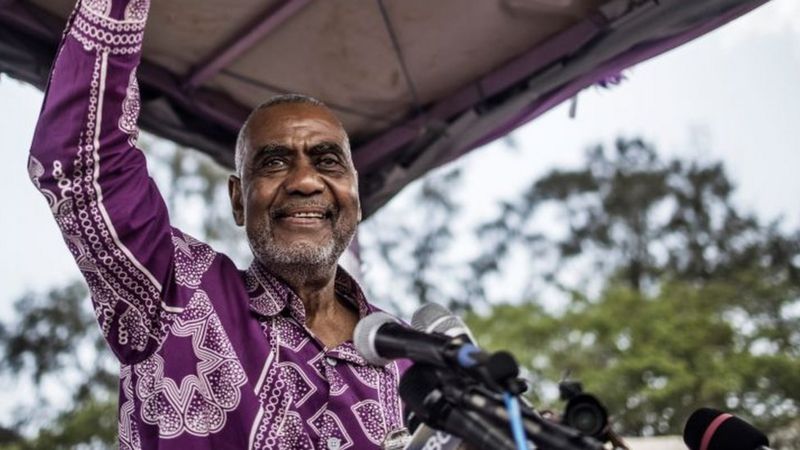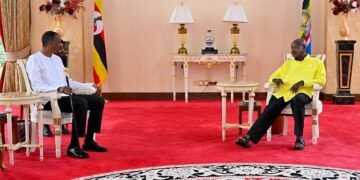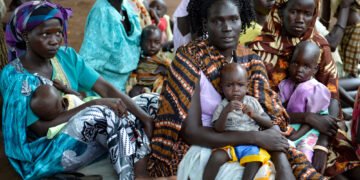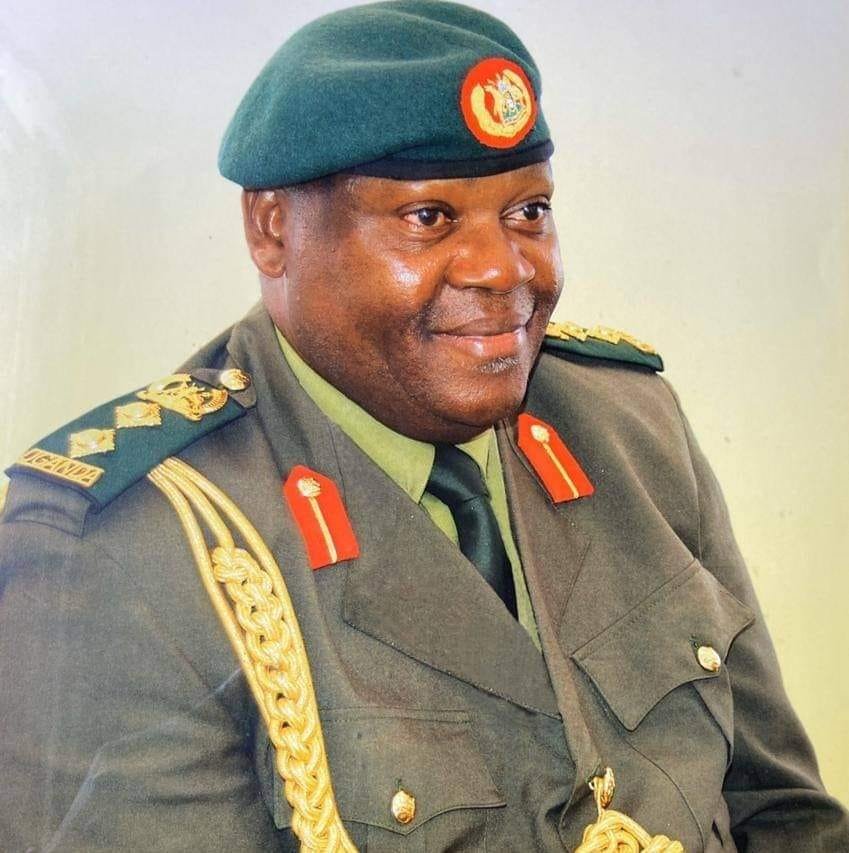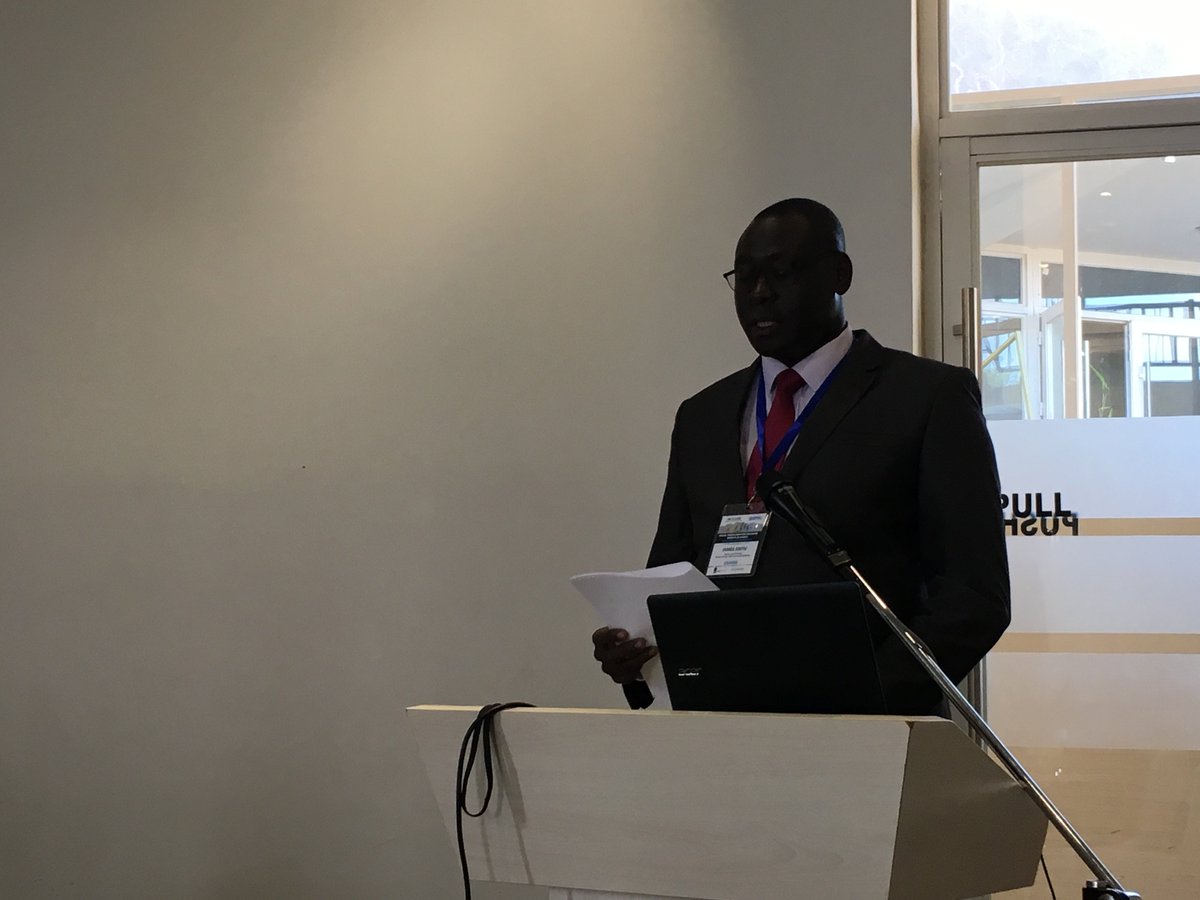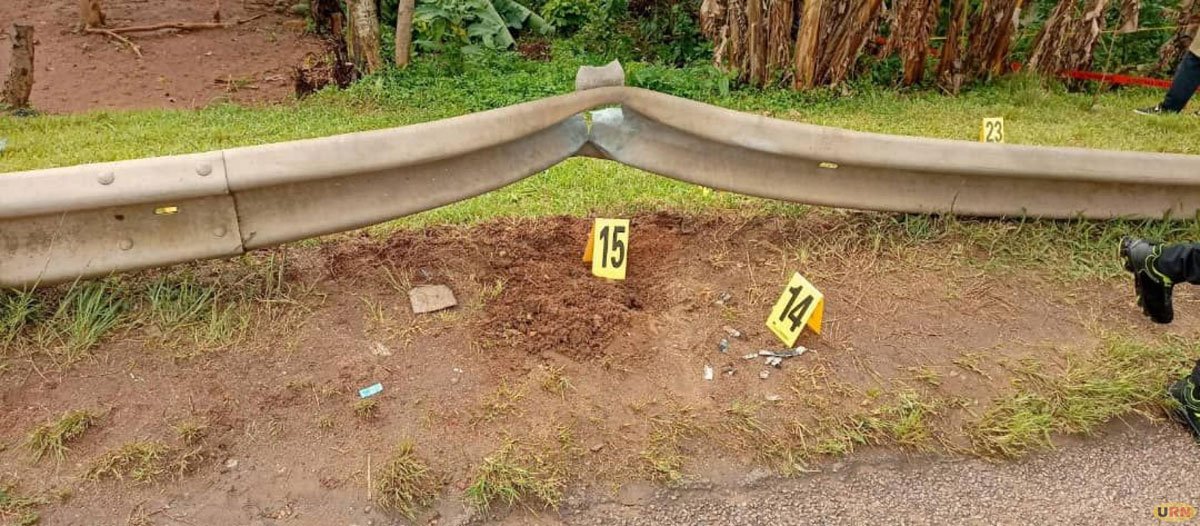Zanzibar’s main opposition party has said its leader had been arrested a day before local and national elections.
Maalim Seif Sharif was at a polling station on Tuesday morning when police officers hauled him away, his ACT Wazalendo party said.
US Ambassador to Tanzania Donald Wright said he was “alarmed by reports from Zanzibar and elsewhere of violence, deaths and detentions”.
Police have denied killing three people on Pemba on Monday.
Zanzibar is a group of islands off the coast of Tanzania which have semi-autonomous status from the mainland.
In Zanzibar, residents vote for the islands’ leaders, including the election of a Zanzibari president, as well as in Tanzania’s national election.
The authorities have yet to comment on Mr Sharif’s alleged arrest, but an assistant commissioner of police in Pemba told the BBC that officers used tear gas on Monday to disperse locals who wanted to invade polling centres.
Tanzania’s police chief Simon Sirro said police did not kill three people in Pemba, adding that 42 people had been arrested in connection with the violence.
Internet users across Tanzania have also reported difficulties accessing WhatsApp and Twitter ahead of the polls.
Contested polls
ACT Wazalendo said its presidential candidate was detained trying to cast his vote as polling stations opened a day early to allow officials from the Zanzibar Electoral Commission, returning officers and security personnel to take part.
Zanzibar has a history of contested polls, including in 2015 when they were annulled for not being free and fair. The opposition boycotted the re-run and the ruling Chama Cha Mapenduzi (CCM) party’s candidate was declared the winner.
This time around there 17 presidential candidates in Zanzibar seeking election.
The BBC’s Aboubakar Famau says the tussle is likely to be between Maalim Seif Sharif Hamad, now in his his sixth run for president, and Hussein Mwinyi who is the son of a former president from the ruling CCM party.
Zanzibar’s current president Ali Mohammed Shein is stepping down after serving two five-year terms in office.
BBC News Africa


